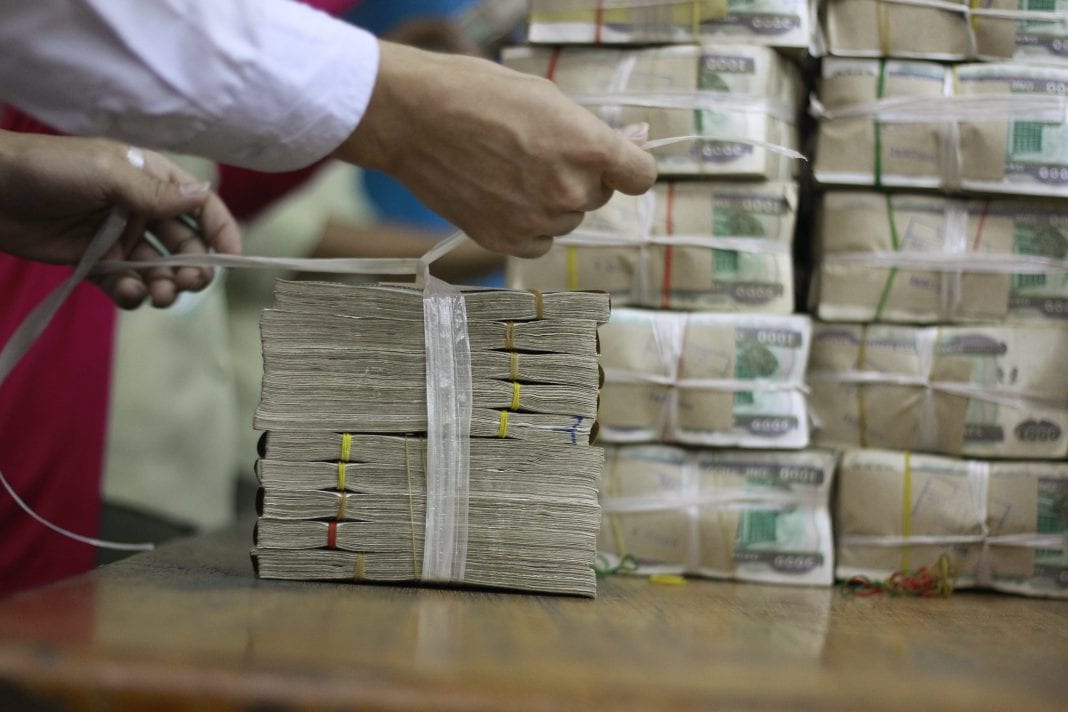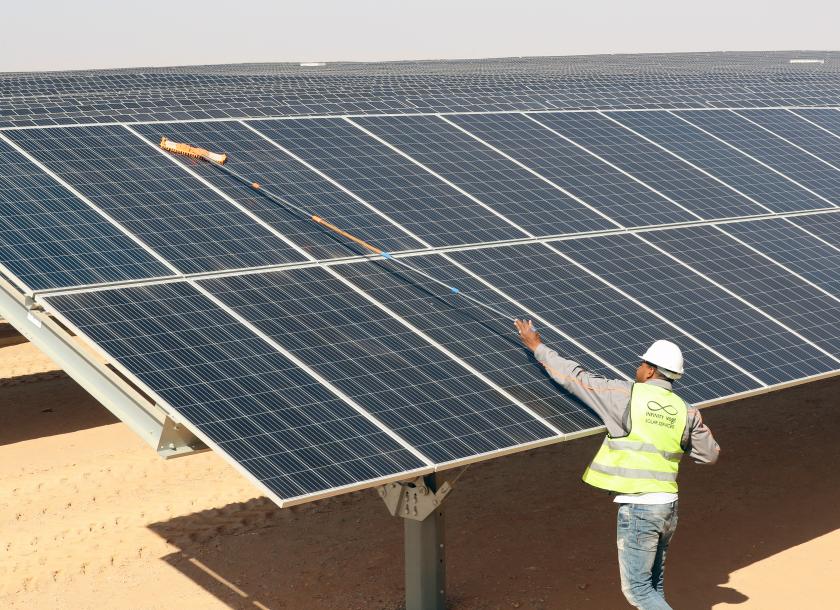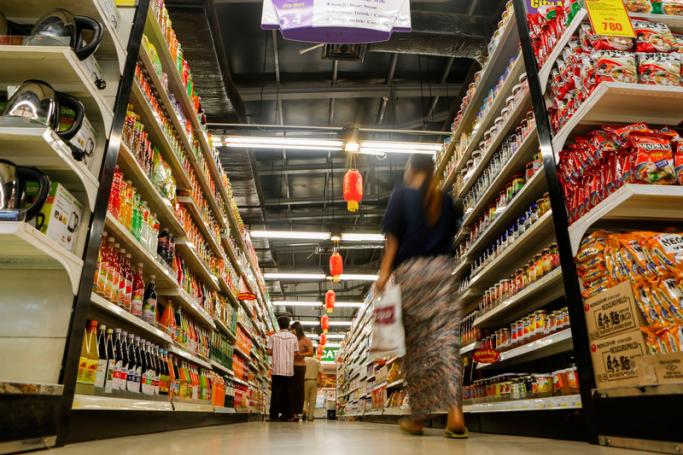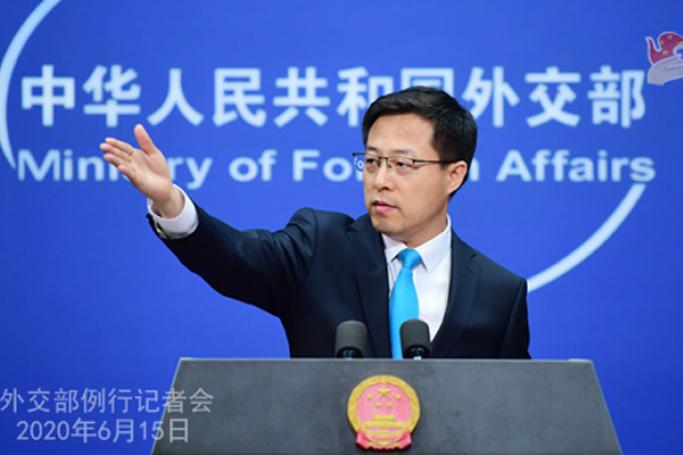![]() — Home — Business News
— Home — Business News
Weekly Business News from Myanmar
-

The negotiation between China and Myanmar should be held to reduce delays in the flow of goods between two countries at Muse border trade area
Negotiations should be held to reduce delays in the flow of goods between China and Myanmar caused by limitations at the Muse Border Trade Area, says a senior Myanmar official. The delays if the flow of goods is caused by traffic congestions and limited goods inspection facilities and personnel at the trade area in northern Shan State, said Minister of Commerce U Than Myint. U Than Myint said this after a meeting with a delegation from China led by China Ambassador Chen Hai to discuss problems with goods flows at the border between China and Myanmar. China needs to inspect aquaculture and agricultural products as quickly as possible to reduce spoilage and efforts should be made to expand infrastructure such as roads and facilities to facilitate this, he said, adding that arrangements also need to made to streamline regular trade and barter trade at the border. -

Myanmar earned over USD $ 2.8 billion from export of agricultural products in the eight months of current fiscal year
Myanmar has earned more than US$2.8 billion from the export of agricultural products over the past eight months in the current fiscal year, exceeding over US$460 million compared to the same period of last year, according to the Ministry of Commerce. From October 1 to June 5 in the current 2019-2020 FY, US$2.842 billion was earned from exporting agricultural products. In the same period of last year, US$2.376 billion was earned. So, this year’s amount exceeded US$466.131 million. Myanmar exports agricultural products, animal products, fishery products, forest products, finished industrial goods, and others. -

Myanmar revenue drops by K 1.2 billion when compared to the same period of previous year due to the COVID – 19 pandemic
The COVID-19 pandemic has blighted all the businesses across the world, and Myanmar’s economy is no exception from it. The country revenue as of June 12 has dropped by K1.2 billion compared to the same period last year. The country collected K4,278 billion as of June 12 this fiscal year while the total revenue last year was over K4,279 billion. “The revenue before the COVID-19 pandemic was around K500 million higher than that of the same period last year. However, we are now seeing steady drops since the beginning of the COVID-19. It is mainly because almost all businesses halted due to the pandemic, and partly because the government lowers the tax,” U Min Htut, Director General of the Internal Revenue Department, said. On June 12, the president of Myanmar signed the ordinance to provide a non-refundable credit tax credit for salary increment, new employment, or purchase of new equipment to stimulate businesses. -

The opportunities for private equity still available but investors more selective
Private equity investors are seeing no lack of opportunities in Myanmar and have no plans to change strategy when it comes to investing in the country, although heavy travel disruptions have made assessing new investments harder. The investors said COVID-19 has allowed them to spot the “camels” - companies that are resilient to tough business environments and able to conserve losses and preserve revenue - from the “unicorns”, startups with valuations exceeding US$1 billion. While lockdowns in parts of Yangon and the suspension of business activities due to COVID-19 has added to the difficulties in assessing new investment opportunities and lengthened the time taken for deal sourcing, there is still a steady stream of investments taking place in the country. -

The bilateral trade between Thailand and Myanmar falls by USD $ 605 million as of June in the current 2019 – 2020 fiscal year
Bilateral trade between Thailand and Myanmar through the Htikhee border between 1 October and 5 June in the 2019-2020 financial year sharply fell to US$1.39 billion from $1.99 billion registered in the year-ago period, according to the data from the Ministry of Commerce. Over the eight months of current fiscal, exports through the Hteekhee border stood at $1.37 billion, while imports fell short of $18.4 million. Exports of natural gas from Taninthayi Region has contributed to the enormous increase in trade through the Hteekhee border since the previous fiscal, said an official from the ministry. Earlier, the Myawady border sees the largest trade among the Myanmar-Thailand checkpoints. The rise in exports through the Hteekhee crossing boosted the value of the Myanmar-Thailand land border trade in the 2018-2019FY. In the current fiscal, trade values at Hteekhee crossing also surpassed those registered at Myawady crossing. Of the seven border trade points between Myanmar and Thailand, Myeik, Mawtaung and Hteekhee borders have witnessed a decrease in trade in the current financial year, while the remaining crossings have reported an increase. Trade values stood at $105 million at Tachilek border, $841.9 million at Myawady, $313.54 million at Kawthoung, $122.15 million at Myeik, $1.39 billion at Hteekhee, $12.68 million at Myawady and $2.6 million at Maese respectively, as per the Commerce Ministry’s data. -

Local energy firms weigh in on recent government tender for Myanmar’s biggest solar power project
Local energy companies are pessimistic about a recent government tender for Myanmar's biggest solar power project. "There are some tall hurdles for local investors who wish to bid for the tender. The government should also consider local investors for the project but the terms and conditions rule out most Myanmar investors," said U Kyaw Kyaw Hlaing, chair of the Smart Group. Among the requirements investors must meet to qualify to bid for the 1060-megawatt solar plant project is an annual income of US$20 million for three consecutive years and experience carrying out a minimum of three independent power plant projects within the past ten years, of which at least one must involve solar power. "These conditions rule out pretty much all the local businesses," said U Kyaw Kyaw Hlaing. He noted that although some local companies have solar technology, the lack of commercial-scale solar projects in Myanmar implies few would have the experience required to bid. Currently, there is only one large scale solar-powered plant signed with the government - the 40MW solar plant located in Minbu, Magwe Region. -

Sagaing Region Investment Committee (SRIC) has endorsed over 30 businesses as of the end of May in the current 2019 – 2020 fiscal year
The Sagaing Region Investment Committee (SRIC) has endorsed over 30 domestic proposals, with an estimated capital of over K17 billion and about US$3 million, and $1.3 million worth one joint venture so far, according to the data released by the Directorate of Investment and Company Administration (DICA). Those enterprises are engaged in the water park and garden; cultivation and manufacturing of crops; crops drying, categorizing and rice milling and processing activities; manufacturing and marketing of concrete pillar; manufacturing of motorcycle parts and accessories; manufacturing of special bamboo furniture; hotel services; packing and wrapping equipment supplier; processing and packaging of sugar cane mud; and private school. The committee also discussed investment matters and endorsements concerning one foreign project and two domestic proposals at the meeting held on 16 June. -

Myanmar Business Environment Index (MBEI) survey shown that offtake of economic recovery package low among private businesses
COVID-19 has adversely affected the overall economy and the private sector businesses in Myanmar and the response from the government has been swift with various packages for recovery both from the supply as well as the demand side. However, a recent telephonic survey during end Apr-early May, among over 750 private businesses (food and beverages, manufacturing, accommodation, wholesale and retail trade, transport and storage) by The Asia Foundation point out that “most businesses were not aware of the government support programmes for the enterprises impacted by COVID-19”. This implies that more intense efforts at awareness-raising may be required. The private sector is taking steps in terms of protecting the workers and customers through measures of social distancing and sanitation practices and there is an overwhelming satisfaction on the preventive steps taken by the union government as well state/regional governments. Myanmar Business Environment Index (MBEI) survey points out that about 29% of the 750 enterprises surveyed have been completely closed at the time of the survey. A majority of them have been closed in Apr’20. About half of them have reduced their operations considerably. Employees safety and lack of demand are the prime reasons for the closure of business establishments. It is interesting to note that restrictions of movement within and across townships are the prime reason for slack in demand for many business establishments. Also, a majority of them have voluntarily initiated preventive and safety measures before the government announced them. -

Myanmar government prepared to manage further economic fallout under COVID – 19 Economic Recovery Plan (CERP)
The Myanmar economy is expected to deteriorate further this year as a result of COVID-19, State Counsellor Daw Aung San Suu Kyi said during a meeting with key finance ministers on June 16. She said any economic damage caused by the pandemic so far is likely to worsen in the coming months and that Myanmar is only just beginning to feel the economic impact of COVID-19. "The most damage will be felt in the third and fourth quarter of the year but we would like the public to know that financial preparations to counter to fallout have already been made," the State Counsellor told Minister of Investment and Foreign Economic Relations U Thaung Tun, Minister of Planning, Finance and Industry U Set Aung and Union of Myanmar Federation Chambers of Commerce and Industry chair U Zaw Min Win at the meeting. -

China and Myanmar have opened a “fast-track lane” for essential personnel exchanges
China and Myanmar have opened a "fast-track lane" for essential personnel exchanges, Xinhua reported. Zhao Lijian said at a press briefing that a number of necessary personnel in oil and gas, power, and infrastructure projects will be exchanged between the countries in a two-way, return-to-work initiative known as a "fast-track lane".
Business News
Copyright © 2014 Business Information Center All Rights Reserved.







